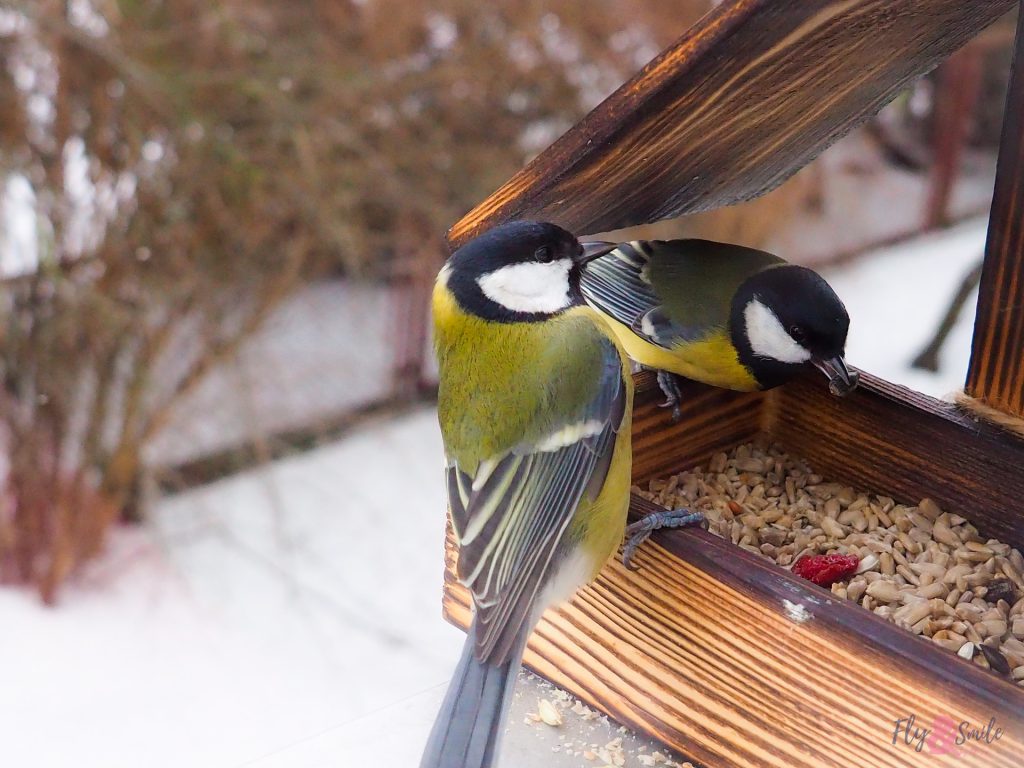Is wildlife feeding good for our seniors – and the wildlife?

Feeding wildlife surged during lockdown, as people were forced to spend more time at home. Research suggests that people are still feeding birds, foxes, waterfowl and other local wild animals.
Should we be encouraging our older family and friends to continue with what appears to be a fairly innocuous activity – or are there hidden problems?
The benefits
It’s been recognised in recent years that this interest in feeding wildlife has been good for mental health. It brings a connection to living beings that is mostly uncomplicated and rewarding. With loneliness considered to be a great challenge of our time, this has to be a good thing.
And it’s available for almost everyone. Even those without a garden can set up a simple feeder on a window and enjoy watching the birds arrive.
Shropshire Wildlife Trust has taken the step of creating a befriending service to feed birds, and says that it’s transforming the lives of isolated people. The providers see bird feeding as the hook to connect the lonely with volunteers, providing easy conversation that can move onto any topic.
The downsides
The trouble with wildlife feeding is that it does attract some very diverse opinions.
Feeding foxes in the garden in the UK is probably one of the most divisive activities. There are fox lovers who argue that humans have driven foxes out of their natural habitat to look for food in towns. That means we have some responsibility to look after them. Some people who not only feed foxes but will also treat them for the unpleasant mange that many develop.
On the other hand, some people are fearful of foxes and may quote hearsay stories about the animals getting into houses and attacking babies. Whether that’s a regular occurrence or not, it is true that foxes can be partial to pet rabbits, chickens and other small animals – and often for a fun kill rather than for food. As a result anyone who decides to feed the foxes in their garden needs to understand that they may attract criticism from their neighbours.
Some homes attract badgers into the garden, but there are lovers and haters here too. So while it is wonderful to watch badgers at night in one garden, the next-door neighbours may be seething with indignation about the way their plot is being dug up by these creatures.
It is important to be careful about what is being fed too. Any meat scraps are going to attract unwanted wildlife, like rats. After rain you’re likely to see a gang of large slugs tucking into crumbs of fat balls underneath the bird feeder. And dropped seeds are likely to germinate, so there’ll be regular weeding to be done if you don’t want unexpected grasses in the border area.
There can be problems for the wildlife itself too. Research suggests that bird feeding can be to the advantage of species that are already populous, possibly at the expense of the species that don’t use the feeders. And birds do have a tendency to poop on their feeders, which is distinctly unhealthy. There are cases of humans catching diseases from bird tables. That makes cleanliness important.
The wrong food can mean nutritional deficit for animals, especially if people are feeding them scraps of food meant for humans. There’s a continuing debate about whether it’s right or wrong to give bread to ducks and swans for example. Some say we shouldn’t because there’s little goodness in bread. Others say it’s better than having the birds starve.
And so the arguments go on.
Finding a way that works for all
There do seem to be more downsides than benefits to wildlife feeding, but perhaps by sticking to a few basic rules, people can still enjoy their connection with nature:
- Keep bird feeders extremely clean to mitigate the spread of disease
- Don’t put out too much food so that there’s nothing left for the creatures we would rather stayed away
- On the other hand, don’t stop and start. There will be birds and animals that grow to depend on your food, and feeding randomly because there don’t seem to be so many hungry creatures around could harm the ones that still visit
- Provide food that is appropriate for the species. If the cost of wildlife food is prohibitive (and it like so many other things is getting more expensive with inflation), then it might be better to think again about feeding altogether
- Gauge the feelings of neighbours about feeding animals such as foxes and badgers, and decide whether the pleasure of seeing these visitors is worth any bad feeling between neighbours
Article by Kathy Lawrence, freelance copywriter and editor at When They Get Older
Photo by Lidia Stawinska on Unsplash

